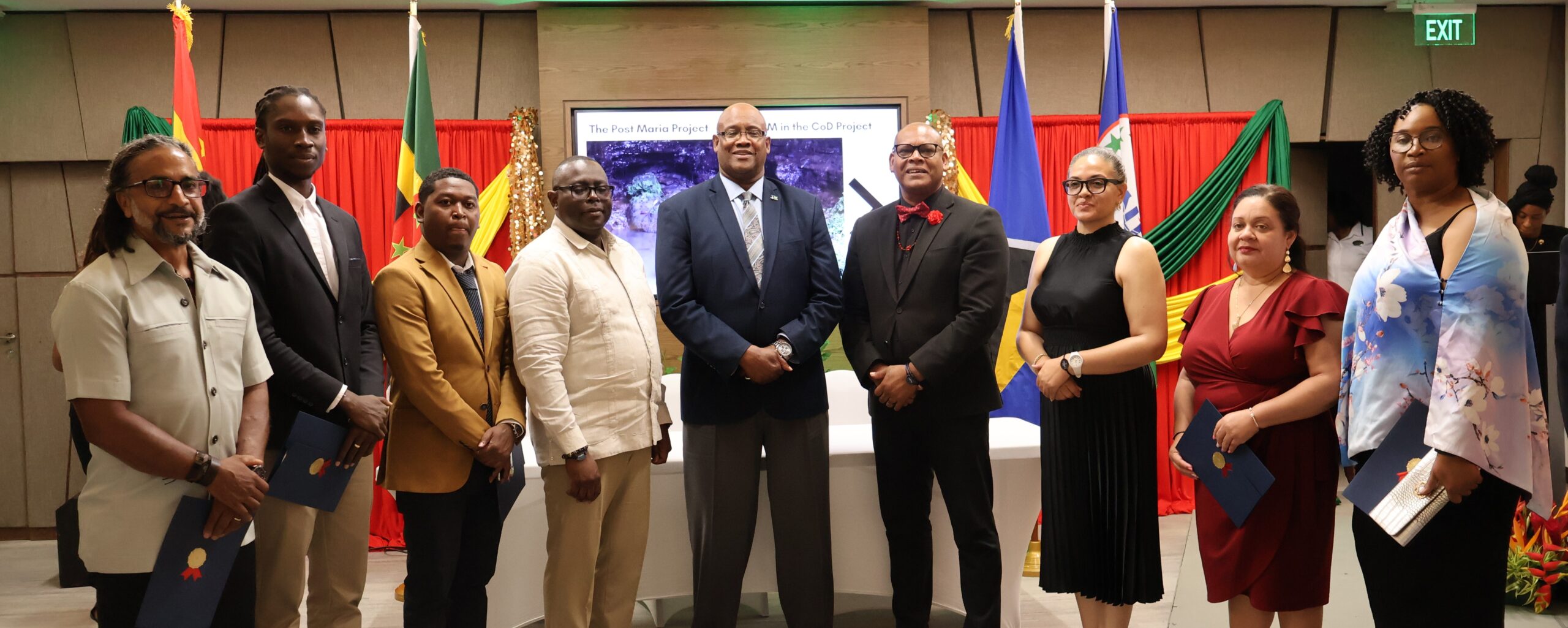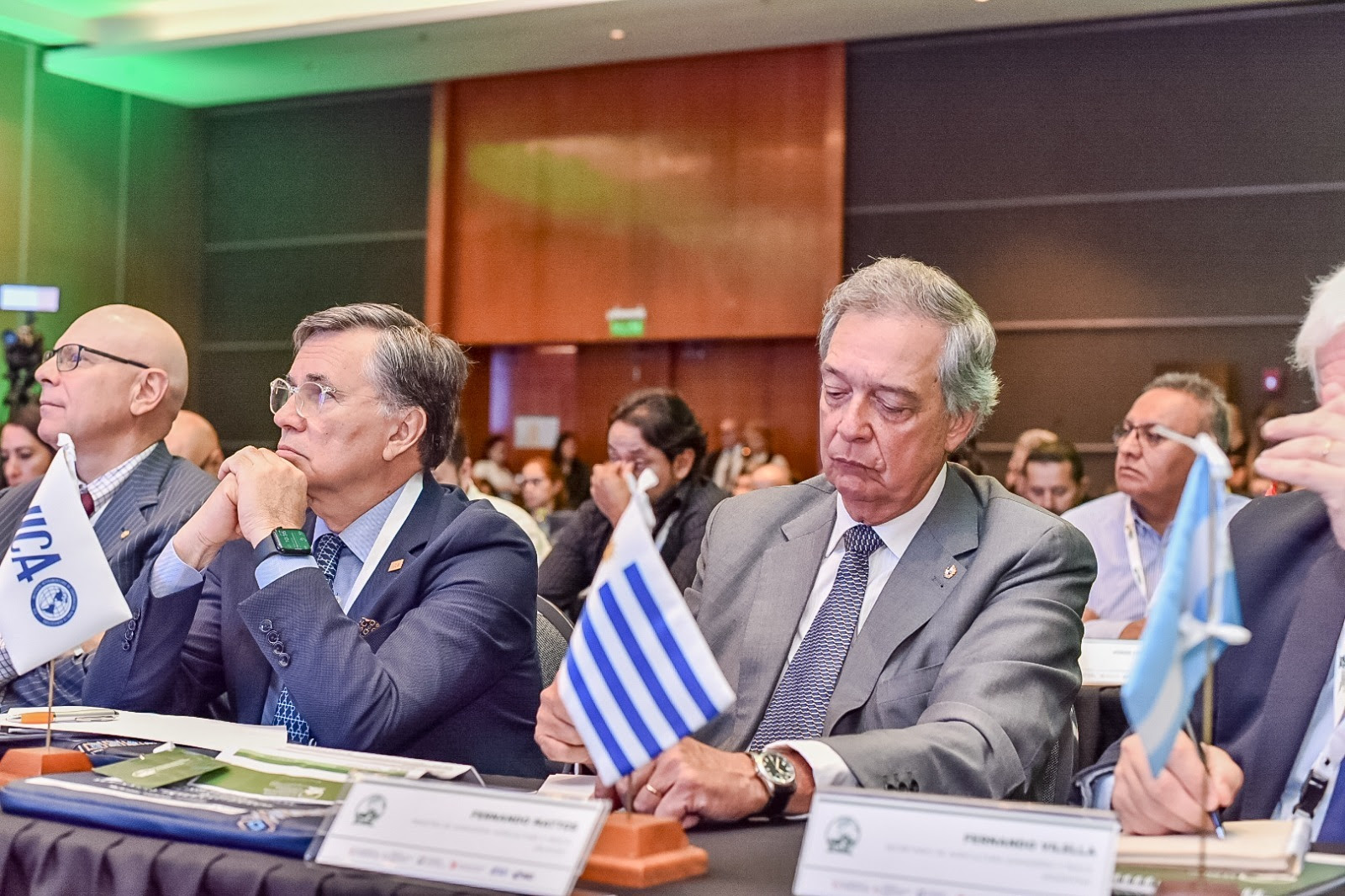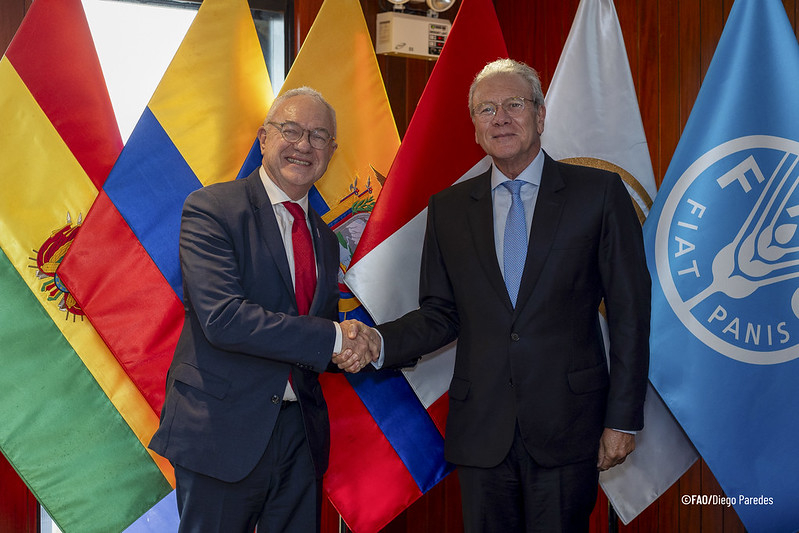KINGSTOWN, St. Vincent, Sept. 16, 2014, CNS – The man who hopes to replace Ralph Gonsalves as prime minister of this country in general elections which are due in a few months says an administration lead by him would revive the banana industry within a year of taking office.
Arnhim Eustace told Caribbean News Service (CNS) that the banana industry was once the mainstay of the St. Vincent and the Grenadines economy, accounting for 25 per cent of Gross Domestic Product (GDP).
“Today it is zero. We are not exporting any bananas. After 55 years of production where we were producing 80,000 tonnes in a year to go to where we are now, a lot of people are just without hope,” he said.
“People who hitherto fore educated their children out of agriculture they don’t have that hope now. We have already set out our plan; we have had consultations all over the country.
The plan includes incentives to the farming community. We have discussed this matter with the European Union before so we believe that we could put into production in the first year 1,000 acres of bananas and begin to have fruit in nine months thereafter,” he added.
Setbacks in the regional banana industry came in the context of wider market difficulties.
Under pressure from large banana producers in Latin America, the European Union has been gradually dismantling preferential trade barriers over the past decade or so. Successive tariff reductions, which were initially put in place to protect Britain’s former colonies, have hit the Windward Islands hard. In the early 90s, they controlled about 40 per cent of the UK conventional banana market. Today, their share is in single figures.
But Eustace is adamant that with the necessary resources, the industry can bounce back.
“Why is St. Lucia back up with their production? They are next door. St. Lucia was down to zero like us,” he said.
“What we are saying it that the resources have not been put in to have it done; and don’t forget that the Windward Islands have a joint venture where we own nine acres of the docks in England. We have ripening room facilities in the millions of pounds, we have 110 refrigerator trucks, and we have a lot of infrastructure which we own 50 per cent of in Britain. That infrastructure is now being used to process bananas from Santo Domingo which is being carried in the ships that we leased,” he said.
“So it is not that there is no market, there is a market because the tariff is still 216 pounds per tonne on Latin American bananas and not on ours. So at least it gives is a little advantage and as we produce fair trade bananas which are at better prices. We believe it is still easy for St. Vincent and the Grenadines to reach 40,000 tonnes per year.”
The introduction of fair trade has provided a saving grace for many farmers on the Windward Islands. More than nine out of 10 producers now sell under the Fairtrade label. As such, these participating small farmers are guaranteed a minimum price of $9.65 (£5.96) per box of loose (i.e. unpackaged) bananas, equivalent to $0.53/kg. Buyers agree to pay a premium of $1 per box, which is then re-invested in the producer cooperatives.
CNS/ml/2014



